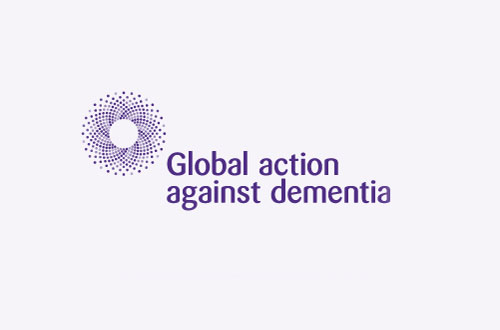
The leaders of the developed world pledged to ramp up their efforts to tackle Alzheimer’s disease and other forms of dementia yesterday at a G8 summit in London.
The UK stepped up to the mark by saying it intends to double its annual dementia R&D spending to £132m by 2025, with Prime Minister David Cameron calling for a global effort – bringing together “nations, business and scientists from all over the world, working together as we did with cancer, and with HIV and AIDS”.
Around 44 million people around the world have dementia at the moment, but this is expected to triple to 135 million by 2050, threatening to “bankrupt” global healthcare systems which are already having to find some $608bn to fund care of patients with the disease, according to UK health secretary Jeremy Hunt.
Meanwhile, a recent UK survey suggested less than half of patients with dementia are actually diagnosed and research into new treatments is chronically underfunded, getting eight-times less than cancer.
The 2025 deadline for an effective treatment for dementia is ambitious, given that there have been so many failures in trials of new therapies, and World Health Organization (WHO) director general Margaret Chan told the G8 that – at the moment – “we are empty handed” when it comes to disease-modifying treatments.
The G8 dementia summit is the first specifically focused on a particular disease since 2005, when a meeting was convened on HIV/AIDS and led to better coordination in efforts to tackle the disease on an international level. In common with that earlier effort, the G8 intend to appoint a global “envoy” on dementia to help drive the project.
A number of other initiatives were unveiled alongside the summit, including a €53m adaptive trials project organised by the Innovative Medicines Initiative and nearly £100m of new funding by the UK Medical Research Council (MRC) for dementia research.
The MRC is contributing a sizeable block of cash to a £150m project to enhance the UK’s clinical research capabilities and technology partnerships, including £50m for “clinical research technology enhancements for dementia and neurodegeneration”.
It is also providing £12m to the just-formed UK Dementia Research Platform, a public-private partnership aimed at improving diagnosis of dementia in its earliest stages and supporting the development of new disease-delaying treatments. GlaxoSmithKline is the first industrial partner in the project.
Meanwhile, the MRC is also considering mass phenotyping of people with early-stage neurodegenerative diseases to complement its genotyping efforts aimed at identifying the genetic signature associated with risk of developing of dementia.
Finally, a £3m Dementia Consortium is being set up between medical charity Alzheimer Research UK, technology transfer group MRC Technology and drugmakers Eisai and Lilly that aims to improve the pull-through of new academic discoveries into the clinic.
Despite the pledges, some are worried the measures do not go far enough. Dr Maureen Baker, chair of the Royal College of General Practitioners (RCGP), said: “Any promise of increased funding is welcome but we are worried that even £130 million over the next 12 years will not be enough to help the rapidly increasing number of people affected by this dreadful disease.”
“We need to ensure that funding also goes into frontline care so that GPs can provide more services in the community that will properly support people beyond diagnosis,” she added.




